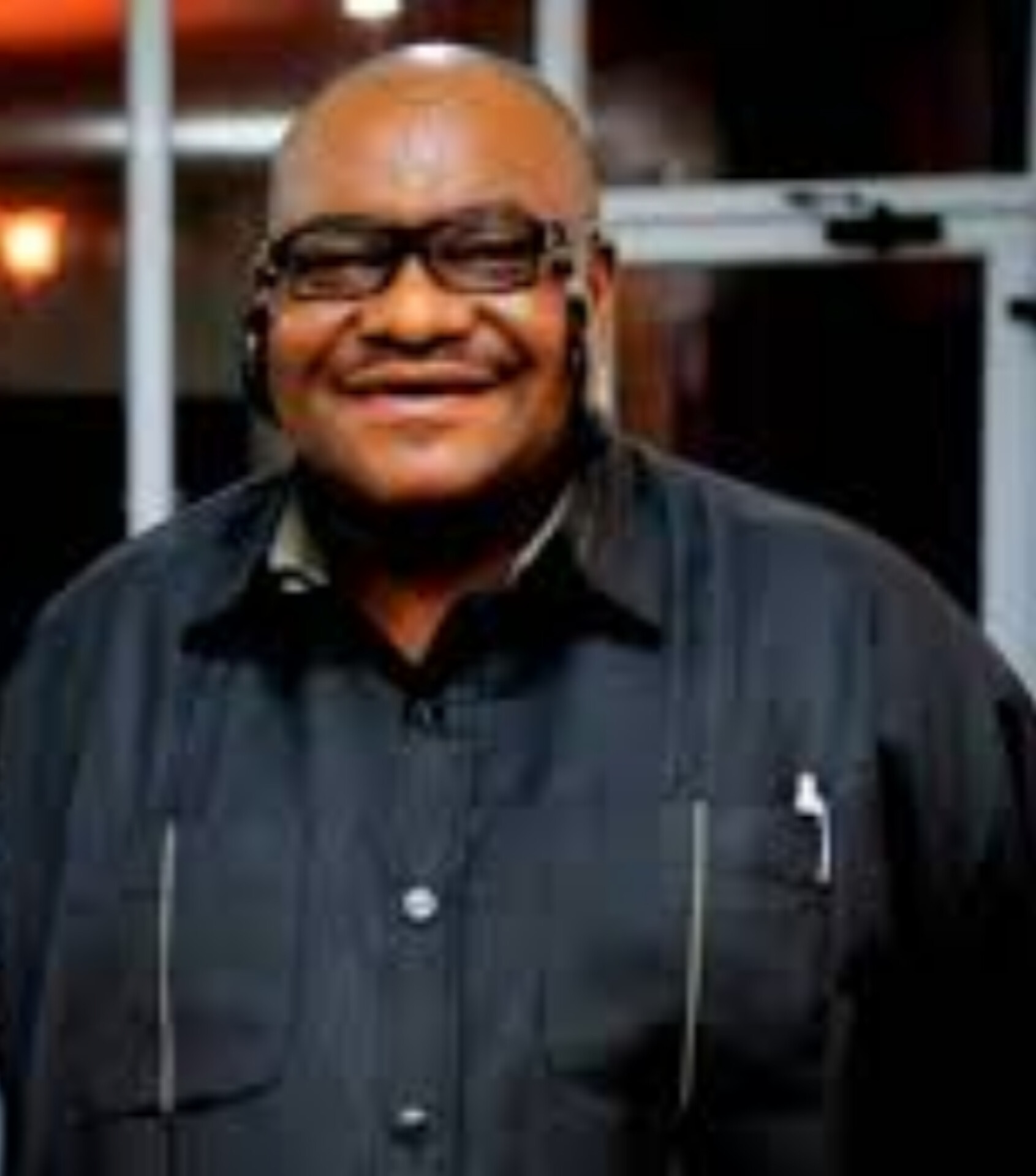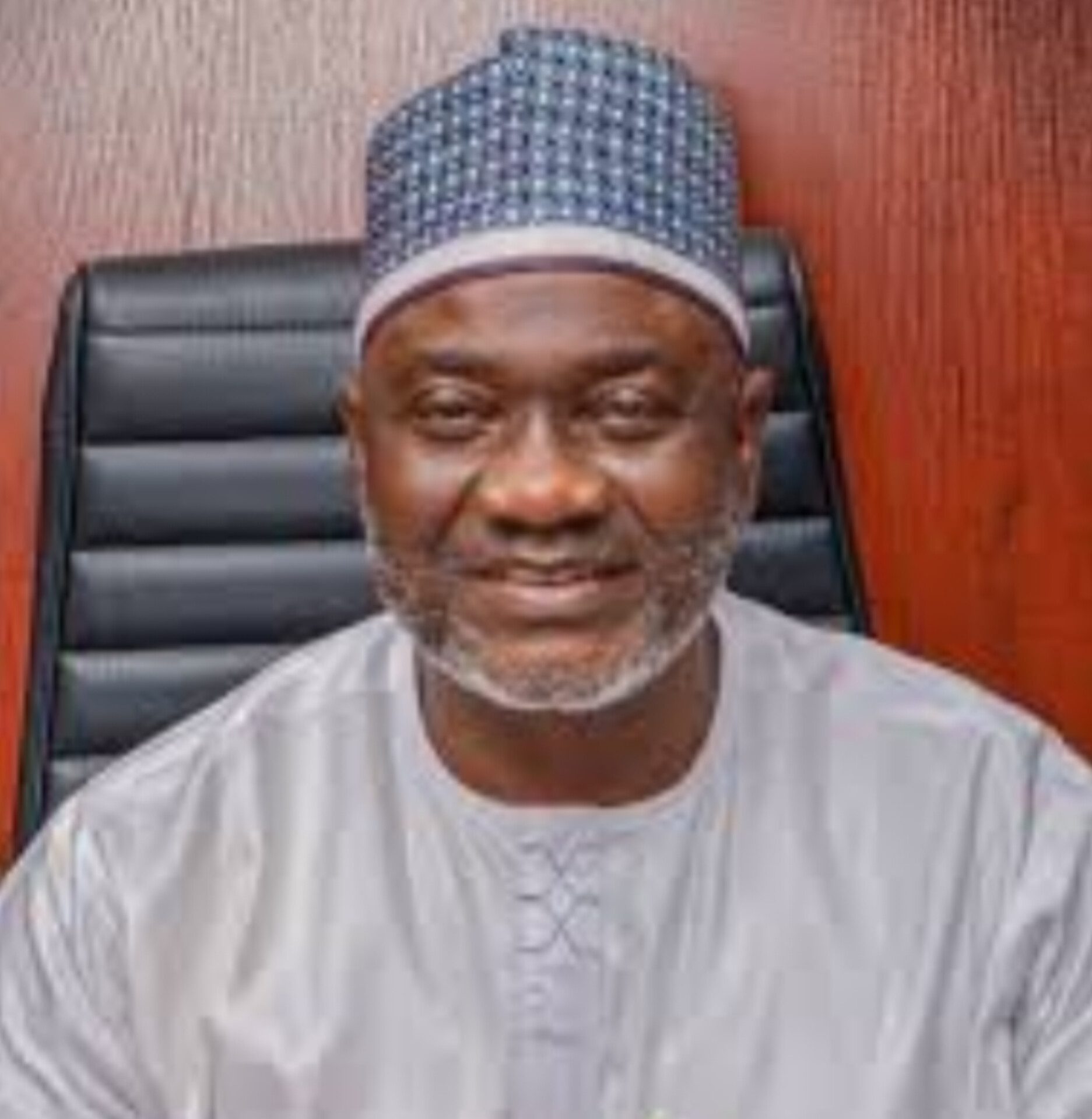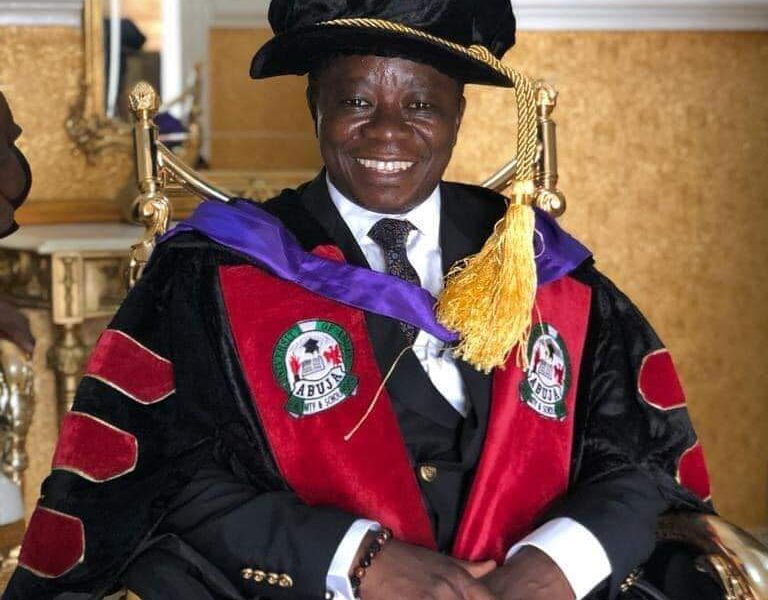By Tunde Olusunle
I was opportuned to serve in the Olusegun Obasanjo/Atiku Abubakar administration at the beginning of our Fourth Republic. Obasanjo was a rather controversial personality. The media had stereotyped him as unfriendly and adversarial over time. The very fact that he opted for a medical doctor in Doyin Okupe as his very first spokesperson, broadened the hiatus between Obasanjo and the press. Okupe cut his dentition as public communicator, when he was the National Publicity Secretary of the defunct National Republican Convention, (NRC), one of the two political parties established by the regime of former military President, Ibrahim Babangida in 1991, in the run up to the actualization of Nigeria’s botched Third Republic. He was a good communicator in his own way. Fortuitously, a critical core of Obasanjo’s appointees were tested and respected journalists who added steel and spine to presidential communication in the nation’s nascent democracy.
There were Onyema Ugochukwu, Emeritus Editor of Business Times, West Africa and Daily Times newspapers and Stanley Macebuh, (of evergreen memory) whose footprints straddled several publications, including The Sentinel, The Guardian and Post Express. Haroun Adamu, former university scholar and proprietor of the rested The Nigerian Economist magazine and Ad’Obe Obe who succeeded Ugochukwu in West Africa in London, were also in the loop. Younger elements like Steve Itugbu and yours sincerely contributed to making up for observed lacunae in the management and communication of the voice of the president. I was in my 30s. We made friends for him. Tunji Oseni and Remi Oyo both accomplished professionals, (both sadly transited), occupied Okupe’s position at various times during the Obasanjo presidency, adding perspectives to presidential communication.

The preceding parade of presidential communicators was consistent, actually upgrades in instances, on the qualities of previous holders of the office. They were hitherto referred to as “Chief Press Secretary” to the Head of State, or the President, as the case might have been. Alex Nwokedi who was spokesman for the defunct National Electricity Power Authority, (NEPA) and the Nigerian National Petroleum Corporation, (NNPC), was Obasanjo’s spokesman in 1976. He was succeeded by Charles Igoh who was once Sports Editor of the Daily Times, upon the ascent of President Shehu Shagari in 1979. Wada Maida who later became chief executive of the News Agency of Nigeria, (NAN), was appointed into the position when Muhammadu Buhari became military ruler in 1984.
Duro Onabule had served as Editor of the now rested National Concord one of Nigeria’s best selling dailies in its time, before he was appointed to the same office by Babangida. Sola Atere who retired a few years ago from the Nigerian Television Authority, (NTA) as Executive Director, occupied the position during the brief stint of Ernest Shonekan as Head of the Interim National Government, (ING). David Attah a former federal parliamentarian who also had editorial and management stints in the Daily Times, Standard and The Voice newspapers variously was appointed to the position by Abacha in 1993. Haruna Mohammed, a former managing director of New Nigerian Newspapers served in the position during the 11-month transitional rule of Abdulsalami Abubakar as Head of State.
Equally vibrant and respected professionals like Olusegun Adeniyi, chairman of the Editorial Board of Thisday and Reuben Abati, former Chairman of the Editorial Board of The Guardian were spokesmen for former Presidents Umaru Yar’Adua and Goodluck Jonathan, respectively. Femi Adesina was Editor-in-chief of Sun newspapers after working with the Vanguard and Concord newspapers before becoming spokesman to Muhammadu Buhari. Garba Shehu was managing director of Triumph newspapers at 37. Adesina and Garba were both Presidents of the Nigerian Guild of Editors, (NGE), the umbrella body of Nigeria’s topmost media professionals.
It is compelling, even impelling to establish the foregoing trajectory to properly situate the professional quality, cognate experience and broad network expected of a potential presidential spokesman. Bola Tinubu, present occupant of Nigeria’s topmost political office desires to be seen as very pan-Nigerian in the complexion of his administrative apparachik. He also wants to be portrayed as a believer in the capacity of the youth as important contributors to the Nigerian project. These considerations must, however, not be sacrificed for merit and experience. While attorneys may be assigned to administer the nation’s capital, or a seasoned journalist deployed to the solid minerals schedule, presidential communication requires a lot, lot more. It is neither for greenhorns nor for apprentices. The output of the current holder of the office thus far is at best amateurish, randomly unprofessional and notably un-presidential. The margins of error in this job are thin and minimal.
On two occasions in less than two weeks, Ajuri Ngelale, Tinubu’s spokesman has played the ultimate propagandist. He dished out false narratives and had the unpleasant task of doing a recant on both occasions. While reporting the highlights of Tinubu’s engagements with the authorities in the United Arab Emirates, (UAE) about a fortnight ago, Ngelale told the world that the subsisting visa ban on Nigerians travelling to the UAE had been lifted! It turned out to be embarrassingly false. Officials of the country put out a disclaimer. A few days ago, the overly excitable Ngelale told us that Tinubu was the first African leader to ring the National Association of Securities Dealers Automated Quotations, (NASDAQ) bell in New York. This again turned out a hoax. Jakaya Kiwete a former president of Tanzania rang the NASDAQ closing bell in 2011. Fact-checking has long been simplified by information technology.
Presidential communication is beyond press statements which seem to be Ngelale’s forte. Even here, he is not in the least impressive. His releases are wordy and characteristically riddled with grammatical errors. Sentences wriggle and wind around and about in serpentine motions. Writing is a very intricate vocation guided by strict rules and regulations. Press statements are all about keeping it tight, sticking specifically and holistically to the facts without unnecessary embellishments and gerrymandering. Leave that to us creative writers and essayists. I should know having written quite a handful in my communication handling career on behalf of Abubakar Audu, Paul Omeruo, Bzigu Afakirya all former chief executives of Kogi State for whom I was spokesman at various times. Not forgetting my years with Obasanjo in Aso Villa.
Sentences are best kept laconic, at manageable lengths not exceeding three dozen words. There must be symmetry between the sound and semantics of the written word. Reclining into the big-manism of having press officers generate drafts for his blind endorsement is unacceptable and dangerous. Ngelale needs to get off his buttocks and face the job very squarely. He must forget the fawning aides around him opening his car door and making his coffee. That is if he’s convinced he truly has quality to offer. With every alacrity, he needs to mitigate his wobbling and waffling which are anathema to information dissemination at the highest levels.
Ngelale comes from the background of the electronic segment of the media. He launched out from the African Independent Television, (AIT) and crossed over to Channels Television. He was on the media team of Buhari in 2019 and was rewarded with an appointment as a presidential aide on public affairs. He also functioned on the Tinubu presidential organisation which culminated in his current recognition. At 37, he must be the youngest occupant of the Office of Special Adviser on Media and Publicity to the President, if I’m correct. If he desires to retain his brief and flourish in it, he must deliberately avail himself of the quantum residual wisdoms of previous handlers of the schedule. Growth and perfection come by deliberate humility and diligent questing. Can Ngelale turn a good patch after his initial stumbles and adjust to the responsibilities of his seat? Tinubu by the way has never been in short supply of savvy associates at the topmost pedestal of the media. Where are they?
Tunde Olusunle, PhD, poet, journalist, scholar and author is a Member of the Nigerian Guild of Editors, (NGE)




